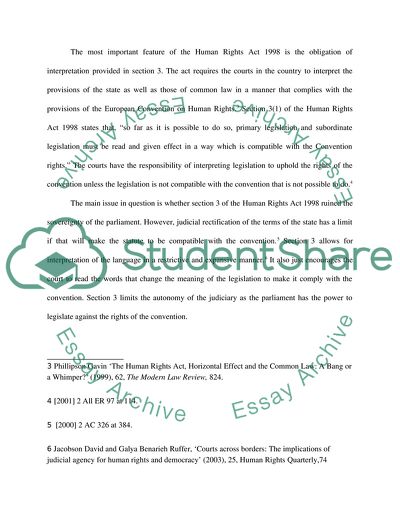Cite this document
(The Human Rights Act and the Sovereignty of Parliament Coursework, n.d.)
The Human Rights Act and the Sovereignty of Parliament Coursework. https://studentshare.org/law/1848468-public-law-impact-of-the-human-rights-act-1998-on-the-principle-of-parliamentary-sovereignty
The Human Rights Act and the Sovereignty of Parliament Coursework. https://studentshare.org/law/1848468-public-law-impact-of-the-human-rights-act-1998-on-the-principle-of-parliamentary-sovereignty
(The Human Rights Act and the Sovereignty of Parliament Coursework)
The Human Rights Act and the Sovereignty of Parliament Coursework. https://studentshare.org/law/1848468-public-law-impact-of-the-human-rights-act-1998-on-the-principle-of-parliamentary-sovereignty.
The Human Rights Act and the Sovereignty of Parliament Coursework. https://studentshare.org/law/1848468-public-law-impact-of-the-human-rights-act-1998-on-the-principle-of-parliamentary-sovereignty.
“The Human Rights Act and the Sovereignty of Parliament Coursework”. https://studentshare.org/law/1848468-public-law-impact-of-the-human-rights-act-1998-on-the-principle-of-parliamentary-sovereignty.


